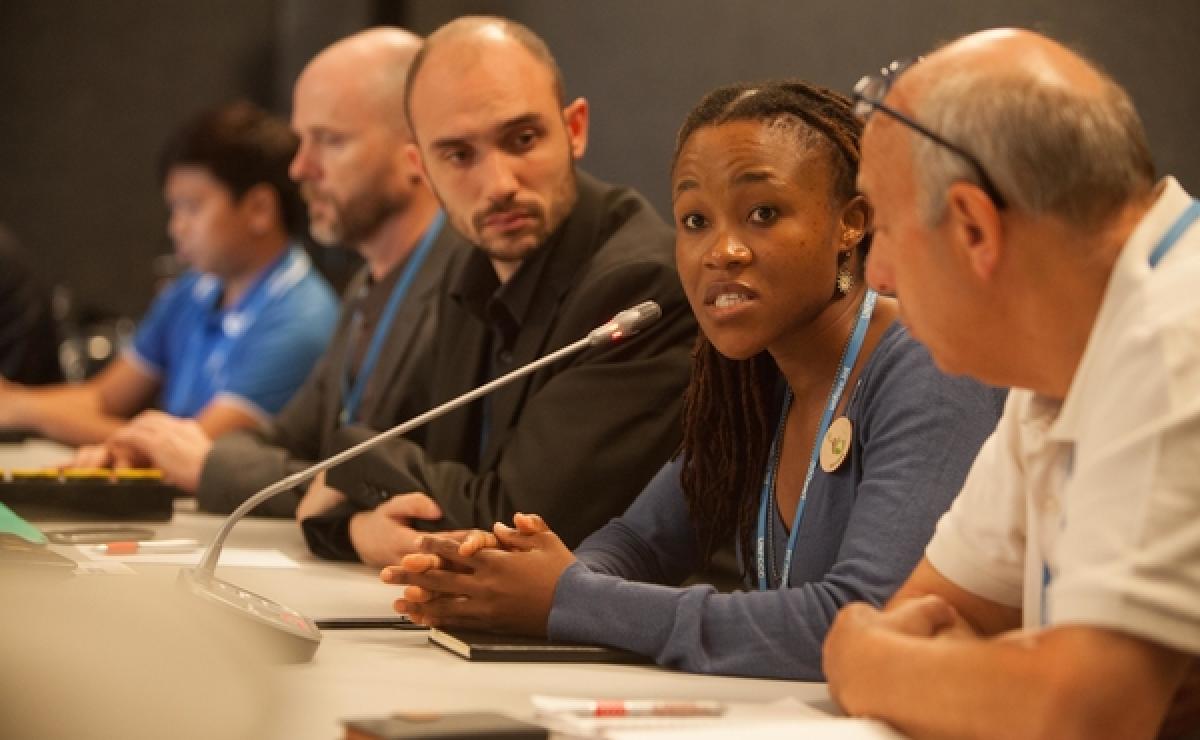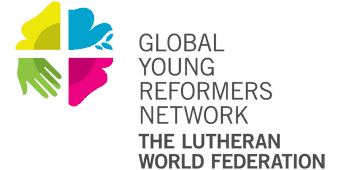A Question of Fairness and Equity: Jeff Buhse

By Jeff Buhse, LWF Youth Delegate (COP20)
I’ve been thinking a lot about equity and fairness, two terms used quite regularly in discussions regarding Mitigation, Adaptation, Loss and Damage, and contributions to the Green Climate Fund (GCF). Although I may not have a complete understanding of the weight these terms carry with regards to climate policy negotiations, I do feel that I have a good handle of how they affect my daily life as a Lutheran.
It seems that there is a debate over what constitutes a fair and equitable decision regarding climate change policy. More developed nations, like Canada, want to see the emerging nations such as Mexico and Russia not only contribute financially to the GCF but also cap their emissions sooner rather than later. The least developed countries just want to see some kind of action. Traditionally the emerging economies were not expected to contribute, mostly because when the UNFCCC began, countries located in Eastern Europe, Mexico and elsewhere were not considered developed enough. However, times have changed and so have the world’s expectations. I don't see a problem with this fluid classification; however, there is some fear. As more countries become potential contributors, the most developed countries could argue that they don't need to contribute as much any longer. Many countries want to see the most developed nations contribute the most because they are the ones who have had the most time to create Green House Gas (GHG) emissions and the issue of climate change is primarily their fault.
I think it is also important to note in this debate that there are many people who don't find certain topics to be a priority. The discussion varies based on the context, so for some countries, mitigation (cutting GHG emissions) and contributions to the GCF is the highest priority because they are being negatively affected directly by climate change while other countries are focused more on ensuring economic growth and prosperity (or any number of other concerns) as opposed to pressing climate change-related issues.
This has been a very brief explanation to a VERY complicated issue, but to me, it doesn't seem fair that there are many people suffering directly as a cause of climate change while others are too busy stabilizing and growing their economies.
I think we all have a responsibility to contribute as much as possible to mitigation efforts. We have a responsibility to contribute as much possible financially to the GCF to ensure that those who are displaced due to flooding, typhoons, and other natural disasters are not "doing it" alone.
Regardless of how one views these issues in terms of what is fair or equitable, I think it is safe to say that the burdens of climate change’s adverse effects are not shared equitably. This is a problem for all of humanity and not just those who are vulnerable.
